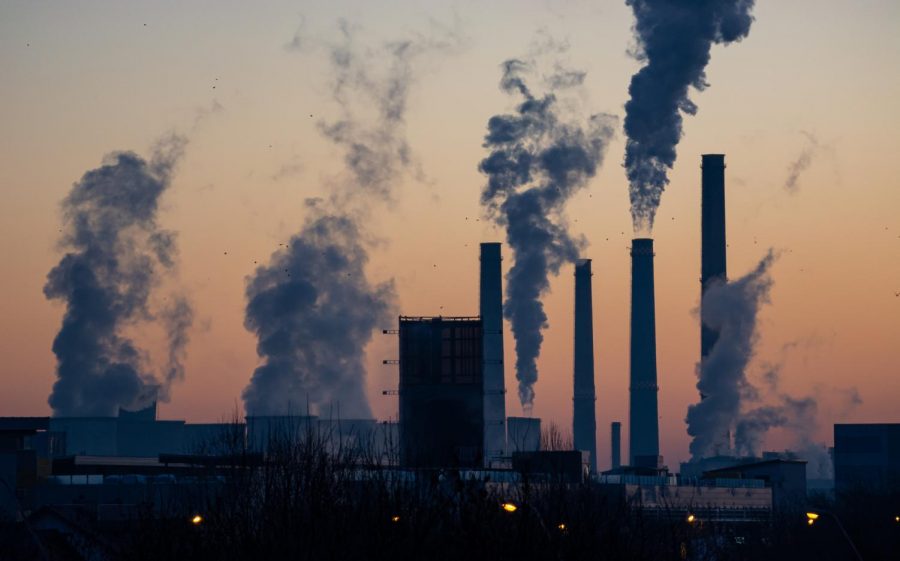The Environmental Impact of COVID-19 Lockdowns
April 10, 2020
With nations across the world under lockdown as governments grapple with ways to stop the spread of COVID-19, a surprising shift in the environment is occurring. Entire economic sectors have been ground to a halt, opening a small window for the natural environment to grow uninhibited by human activity. In sharp contrast to the beginning of the year, which was marked by catastrophic wildfires, floods, and grim predictions for the future of the planet, pollution and emissions have sharply declined as the pandemic progresses.
Countries are already feeling the effects. According to NBC, China emitted 25 percent less carbon as compared to the year prior within a four-week period where it implemented sweeping lockdowns across its cities to flatten the curve of the pandemic. In Delhi, India, air pollution was down by 44 percent according to the nation’s Central Pollution Control Board, and 85 cities across the country saw less air pollution within the first week of the lockdown. New York is feeling the effects as well, with carbon monoxide emissions down as much as 50 percent according to researchers from Columbia University.
Seismometers, which record surface vibrations, are also showing changes. As lockdowns and quarantine measures severely reduce daily commutes across the world, background noise recorded on the instruments has sharply decreased, which can aid seismology research and allow scientists to observe natural events that were previously drowned out by human activity.
However, many scientists warn that the positive effects that lockdown measures have had on the environment will likely be temporary. The duration of decreased pollution and emissions is dependent on how the world returns to normal after the pandemic ends. After the 2008 global financial crash, carbon emissions increased dramatically as governments around the world began to restimulate their economies, leading to high fossil fuel use.
Although the changes in the environment will likely be temporary, they show that reduction of negative human activity can have an immediate and beneficial impact on the natural world.



